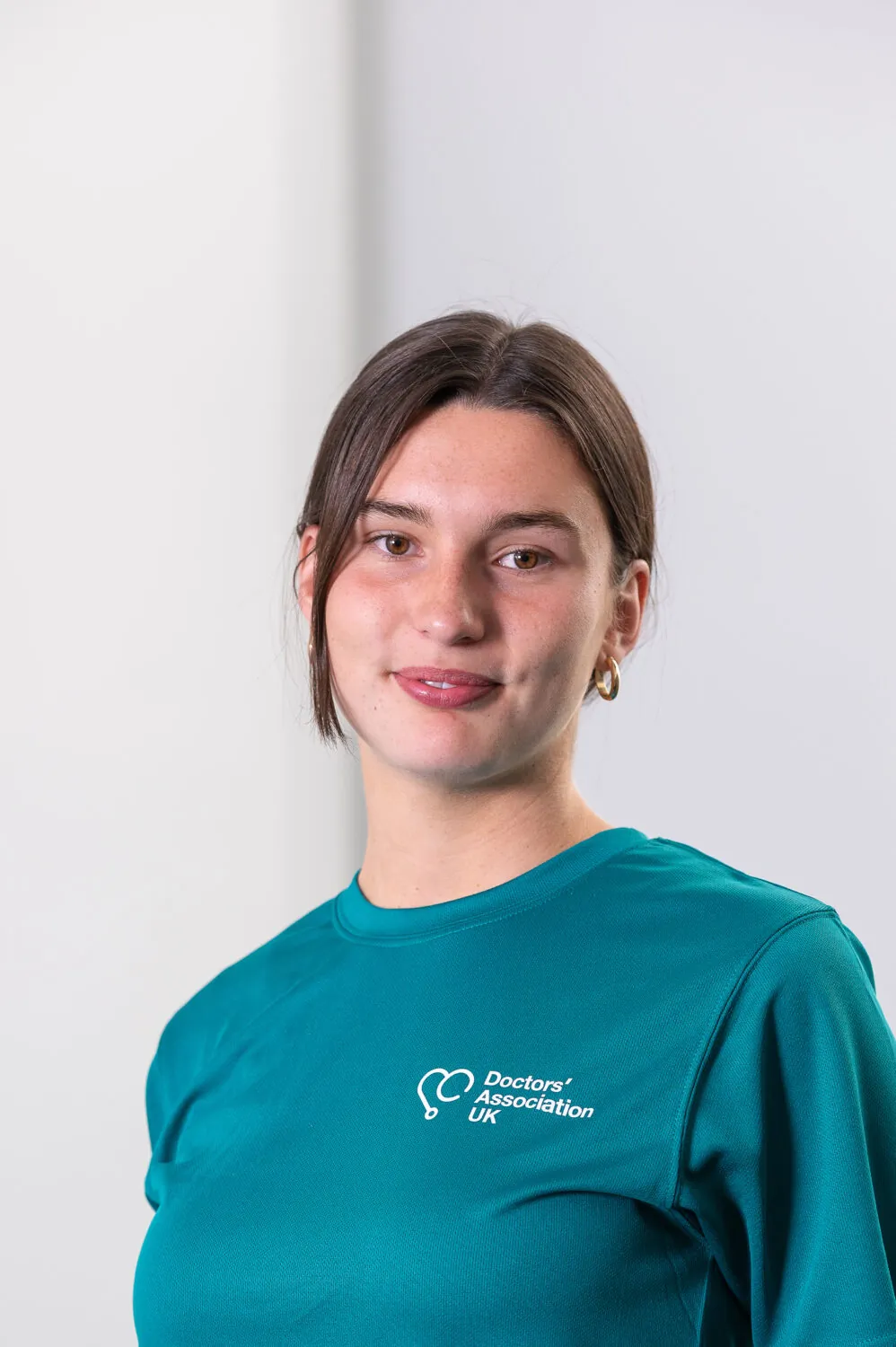The Doctors’ Association UK (DAUK) is raising urgent concerns regarding the upcoming legislation that aims to create a framework for the regulation of physician associates (PAs) and anaesthesia associates (AAs) by the General Medical Council (GMC).
DAUK co-chair Ms Helen Fernandes has highlighted a significant disparity between the GMC’s stringent curricula requirements for doctors and the generic proposals for non-doctors.
The association questions the fitness of the GMC model of regulation for non-doctor roles, given the absence of detailed standards or competencies for PAs and AAs.
Ms Fernandes said: ”Our doctors meet high standards through rigorous exams, assessments, and reviews. The GMC adopts these from the colleges for each specialty, ensuring a high bar for patient care.
“However, for PAs and AAs there are no such standards set, raising the question of how their competency will be measured and regulated.”
Ms Fernandes pointed to an independent review of advanced practise nursing commissioned by the Nursing and Midwifery Council (NMC), which revealed inconsistencies in entry and practice across the UK, with no clear definition or consistent education standards for advanced practice roles. This parallels the issues DAUK foresees with the GMC’s proposed regulation of PAs and AAs.
“There is a pressing need to address the root of safe patient care,” Ms Fernandes said, emphasising the public’s assumption of being treated by fully trained doctors when seen by PAs.
“Regulation is more than just a GMC number. It’s about safeguarding the public.”
The GMC’s recent announcement that PAs and AAs will be registered under a unique seven-digit reference number, while a step forward in identification, does not alleviate DAUK’s concerns about the scope and competencies of these roles.
“The reference number is a start, but it doesn’t differentiate the expertise doctors bring to patient care from that of PAs and AAs,” Ms. Fernandes said.
“It also doesn’t address the urgent need for detailed regulation of their scope and practice.”
Dr. Matt Kneale, DAUK co-chair, expressed concern about the “blurring of lines” between doctors and non-doctor roles, calling into question the suitability of the GMC as the regulator for medical associate professions (MAPs).
DAUK is scheduled to meet with GMC chair Dame Carrie MacEwen, chief executive Charlie Massey, and Professor Colin Melville, the medical director and director of education and standards, in early January to discuss these critical issues further.
“We intend to bring to the GMC’s attention the unprecedented concern among doctors about the imminent legislation,” Dr. Kneale said. “Patient safety must be the priority, and we believe that the GMC regulating MAPs could compromise that safety.”
DAUK remains steadfast in its commitment to improving NHS policies and will continue to voice the concerns of frontline doctors to ensure a better health service for all.





